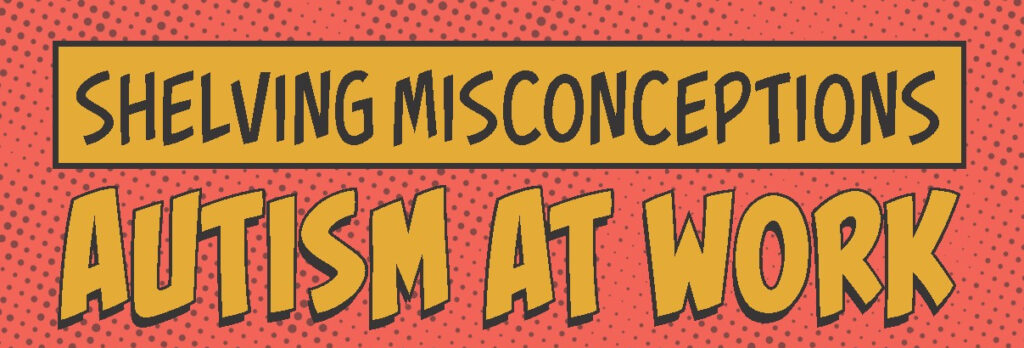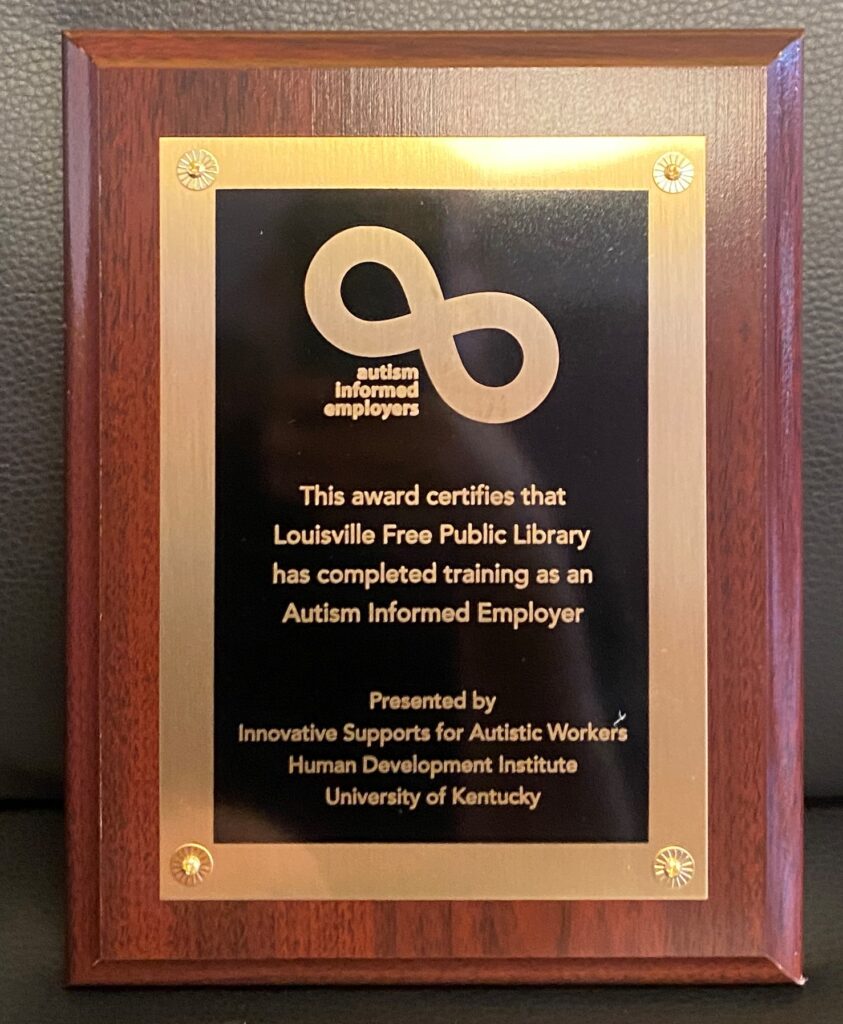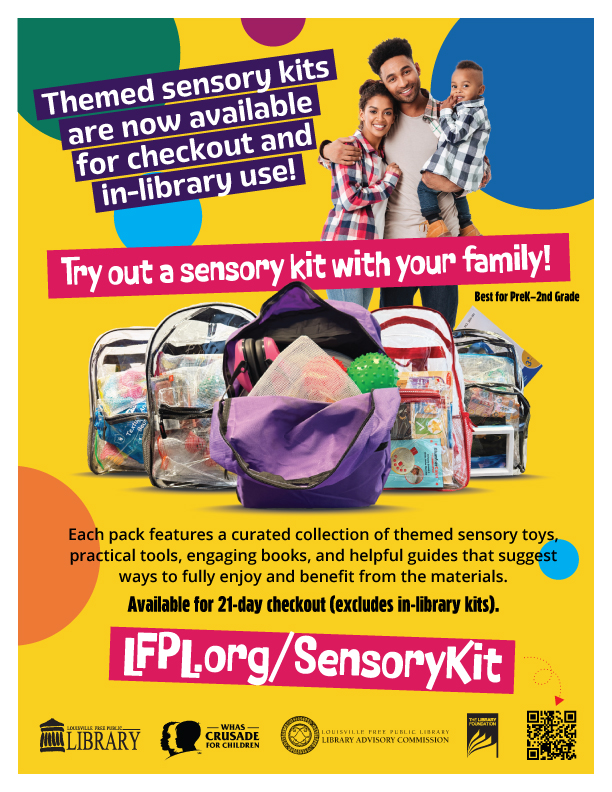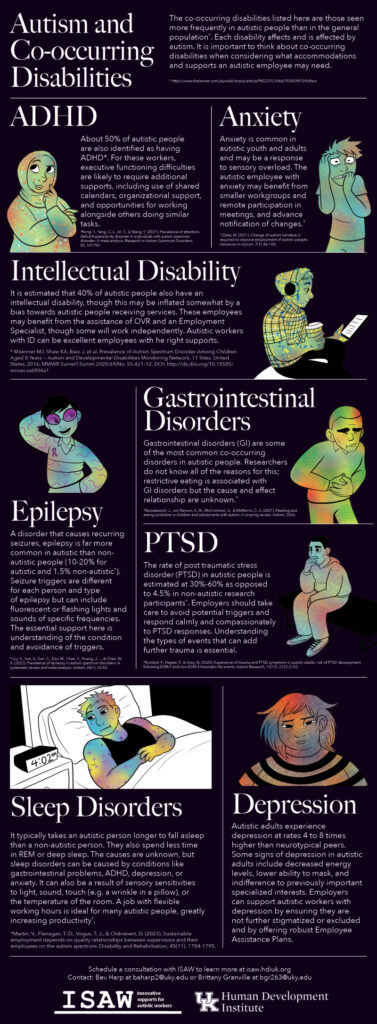
Where is ISAW?
Past and upcoming trainings and presentations
- April 21: Autism at Work panel presentation at LFPL
- May 9: Including Autistic Youth in Community Programming, by Zoom for Boys/Girls Clubs of America
- June 11: Autism Informed Employers overview for Employment First Engagement Committee
- July 9: Anchoring Strategies for Classrooms with Autistic Students at Kentucky Autism Training Center Educator’s Institute
Coming up
- ISAW is preparing trainings for several Kentucky businesses including Sol Fitness in Lexington and St. Elizabeth’s Hospital in Northern Kentucky for August.
- In September, we will be offering a free workshop for employers interested in learning about how autistic workers add value to businesses. More information coming soon.
- Catch ISAW at the KDLA In-Person Programming Conference in Louisville November 5-7. Link coming soon.
Continued work with Louisville Free Public Library



In April, The Louisville Free Public Library and ISAW hosted “Shelving Misconceptions: Autism at Work”. This was a panel of autistic workers discussing the challenges and triumphs that they have faced in employment. We would like to thank Micah Peace Urquilla, Jaz Brown, and Jay Tyner-Wilson for talking about their own work experiences. It was a great discussion!
After the panel, Bev Harp (ISAW), presented Damera Blincoe, Manager of Library Experience at with a plaque officially recognizing Louisville Free Public Library as an Autism Informed Employer.
Over the past year, all of Damera’s staff at LFPL’s staff completed our Autism Informed Employers training course. When asked why, she responded “I wanted all the staff to complete the training to promote a more diverse, inclusive, understanding, and effective workspace.”

On Tuesday July 11th, ISAW was recognized by Mayor Greenburg of Louisville for our work to improve understanding of autistic employees. We also joined LFPL to announce themed sensory kits. Each kit features a curated collection of themed sensory toys, tools, books, and guides on how to use them. The current themes are animals, bedtime, music, STEAM, and textures.
We at ISAW are proud that the library has taken such active steps to accommodate and welcome autistic and other neurodiverse patrons.
Infographic: Autism+
Autism and Co-occurring Disabilities

Contrary to popular belief, a person can have more than one disability as once. That includes autism, which the DSM-V describes as a neurodevelopmental disorder characterized by differences or difficulties in social communication and interaction, a preference for predictability and routine, sensory processing differences, focused interests, and repetitive behaviors.
Common co-occurring disabilities include ADHD, depression, anxiety, intellectual disabilities, PTSD, gastrointestinal disorders, etc. Some may be caused by autism, such as anxiety. Others, like intellectual disabilities, may not be caused by autism but is affected by autism and vise versa. Either way, how one approaches these co-occurring conditions will differ from how they’d be treated in someone without autism. It is important to think about co-occurring disabilities when considering what accommodations and supports an autistic employee may need.
Autistic Owned Businesses
Did you know that ISAW maintains a list of autistic-owned businesses in Kentucky? Some entrepreneurs we have recently featured include TreeShine, Cody Clark Magic, and artists Chimel Ford and Nick Teale. Do you know a self-employed autistic person who would like to be listed with ISAW? Let us know at baharp2@uky.edu or bgr263@uky.edu
